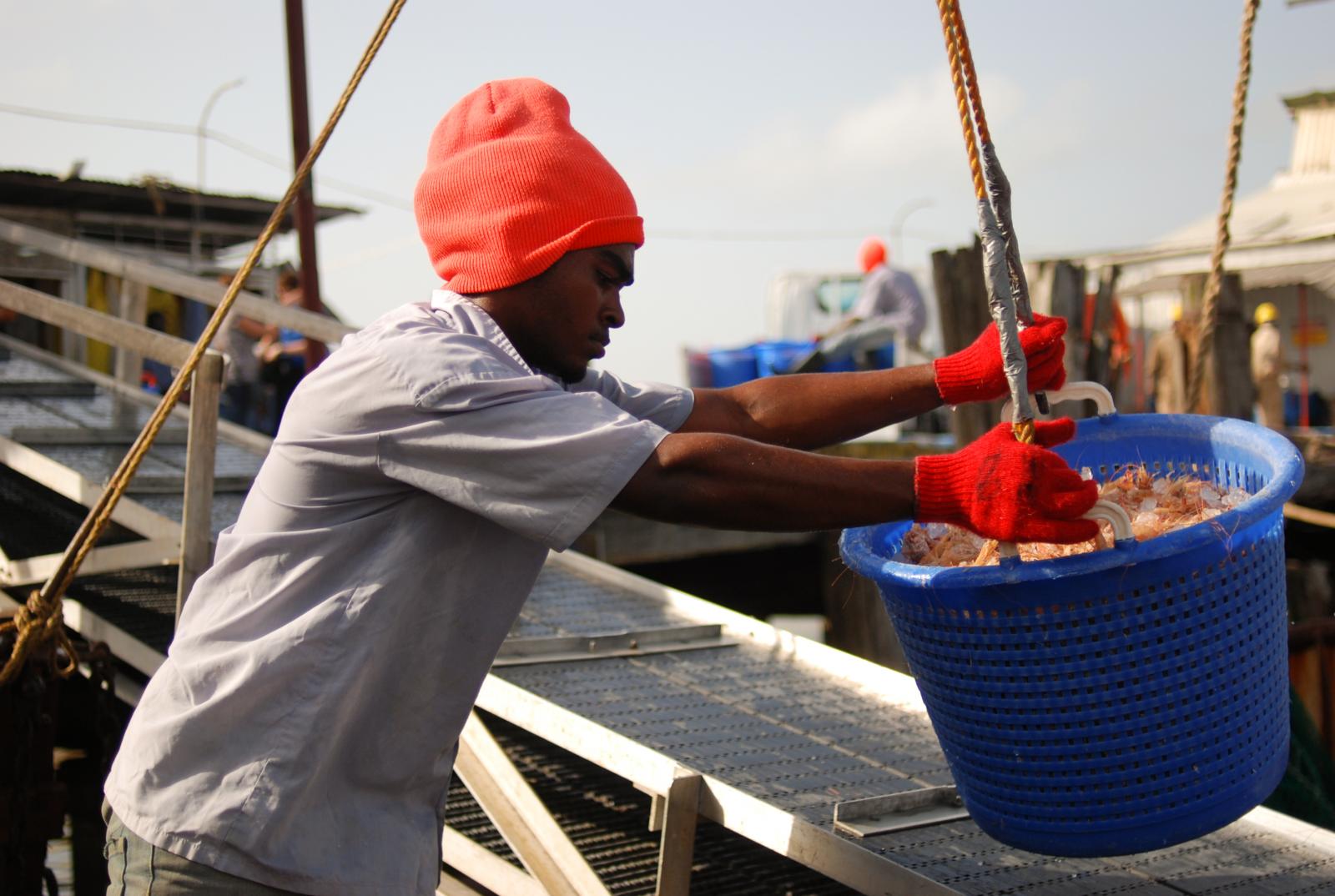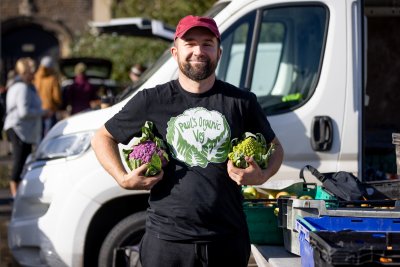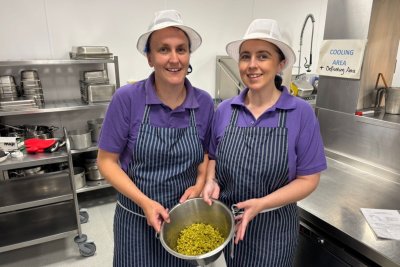Analysis of stock data from a sample[1] of certified and non-certified fisheries shows that MSC certified fisheries target healthy or recovering fish stocks. Certified fisheries, overall, target larger populations of fish in the years following certification and, compared to non-certified fisheries, show less variability in the sustainability of target fish stocks.
The findings come ahead of the
United Nations (UN) Oceans Conference, convening in New York next week to support the implementation of
Sustainable Development Goal (SDG) 14, which calls to conserve and sustainably use the oceans. The MSC report provides governments, industry and NGOs with evidence for credible certification as a powerful tool to catalyse and secure improvements in marine fisheries.
"The MSC program provides both recognition and incentive for responsible ocean stewardship,” said Rupert Howes, MSC’s Chief Executive. “20 years since the creation of the MSC, certified fisheries today account for 12% of global marine catch. MSC certified fisheries are targeting healthy and well managed stocks. They are also safeguarding marine habitats and ecosystems through ongoing commitments to improve their performance.”
With certified fisheries currently comprising 12% of global marine catch, the MSC’s goal is for 20% of all wild caught seafood to come from fisheries engaged in the MSC program by 2020. The report clearly demonstrates that with the correct incentives and actions fisheries can achieve the sustainable performance required to meet SDG 14.
A catalyst for change in habitats and ecosystems management
The MSC report shows that 94% of fisheries entering the program have made at least one improvement to achieve or maintain certification, totalling more than 1,200 over the last 16 years. Of these, 117 actions by 39 fisheries contributed to improving habitat status, management and information. In total, MSC certified fisheries have been involved with 46 new scientific research projects as part of efforts to better understand and minimise impacts on habitats.
As example, the report highlights the Greenland coldwater prawn fishery’s considerable efforts to preserve habitats. The fishery launched a research project with the
Zoological Society of London in response to a lack of information on sea floor habitats. This led to the discovery of a rich ecosystem and the trialling of innovative measures to protect sea pens, in addition to the designation of a marine protected area to safeguard important corals and sponges.
To date, 18 MSC certified fisheries have changed where and how they fish to minimise damage to seabed habitats, with some implementing voluntary closed areas in order to maintain certification.
Our oceans, our future - more to do
Roughly half of the fisheries which complete voluntary pre-assessment to the MSC Fisheries Standard do not progress to full assessment, suggesting that they have work to do to reach the requirements of certification.
The report details new tools and investment in scientific research from the MSC, intended to support fisheries in achieving MSC certification. In order for these initiatives to have impact at scale, the MSC encourages the international community meeting at the UN to support market-based incentive mechanisms, including certification, as an essential tool to contribute to realising the SDGs. Consumers can also play their part by choosing seafood with the blue MSC label. World Oceans Day, celebrated on 8 June, provides the opportunity for everyone to get involved.
Sustain campaigns for better protection of the marine environment and more sustainable fish supply chains through the
Sustainable Fish Cities project.








